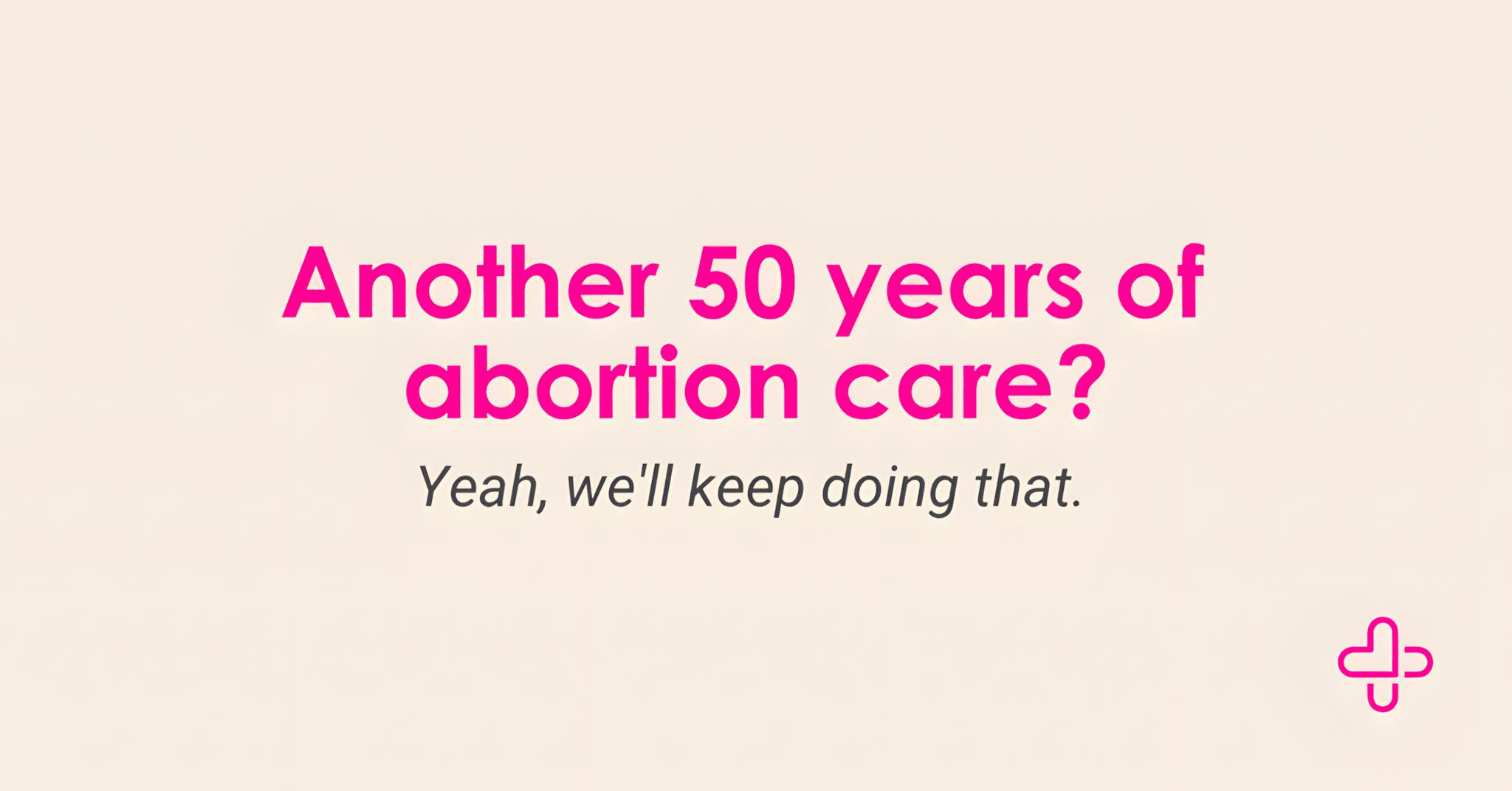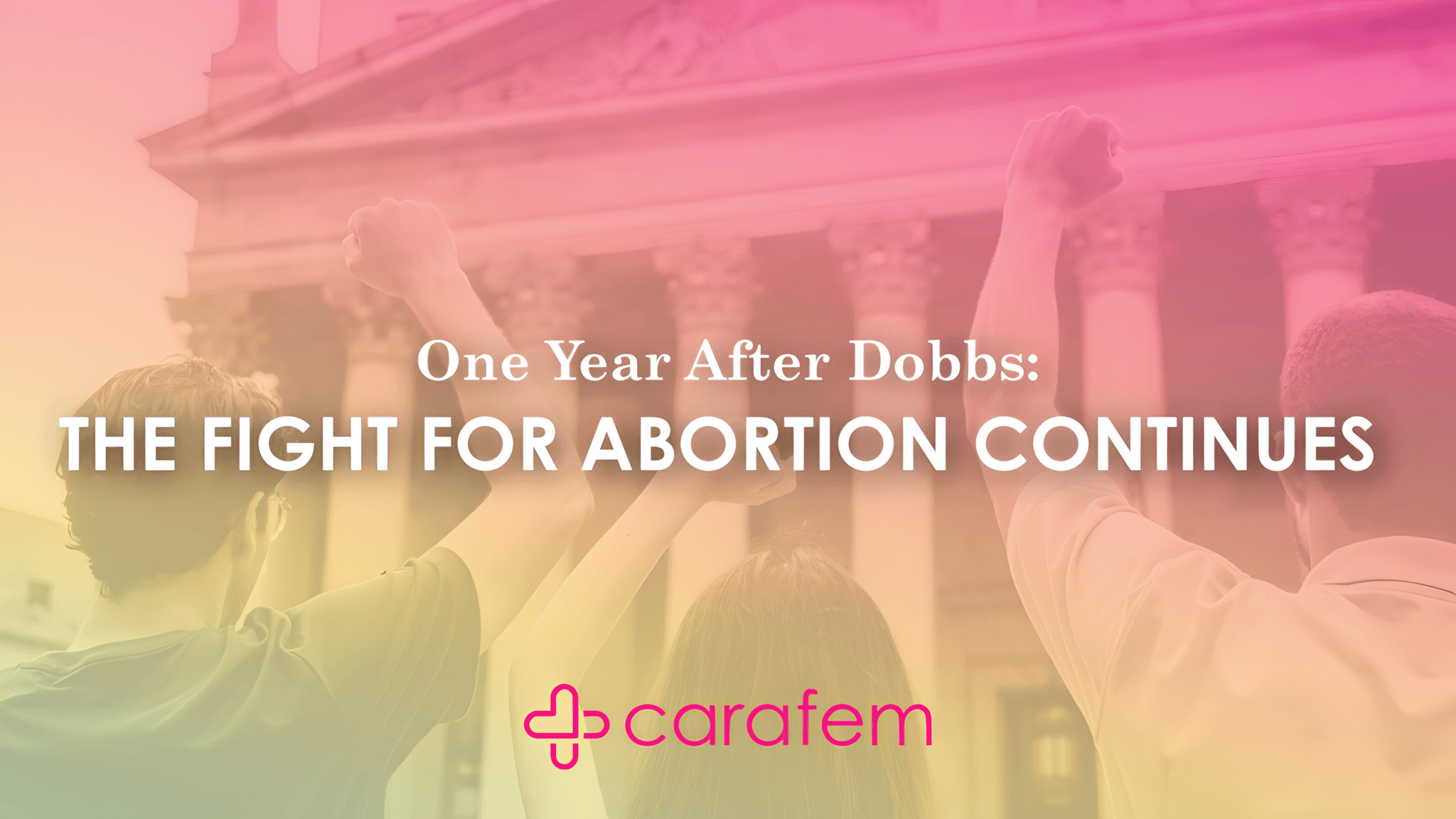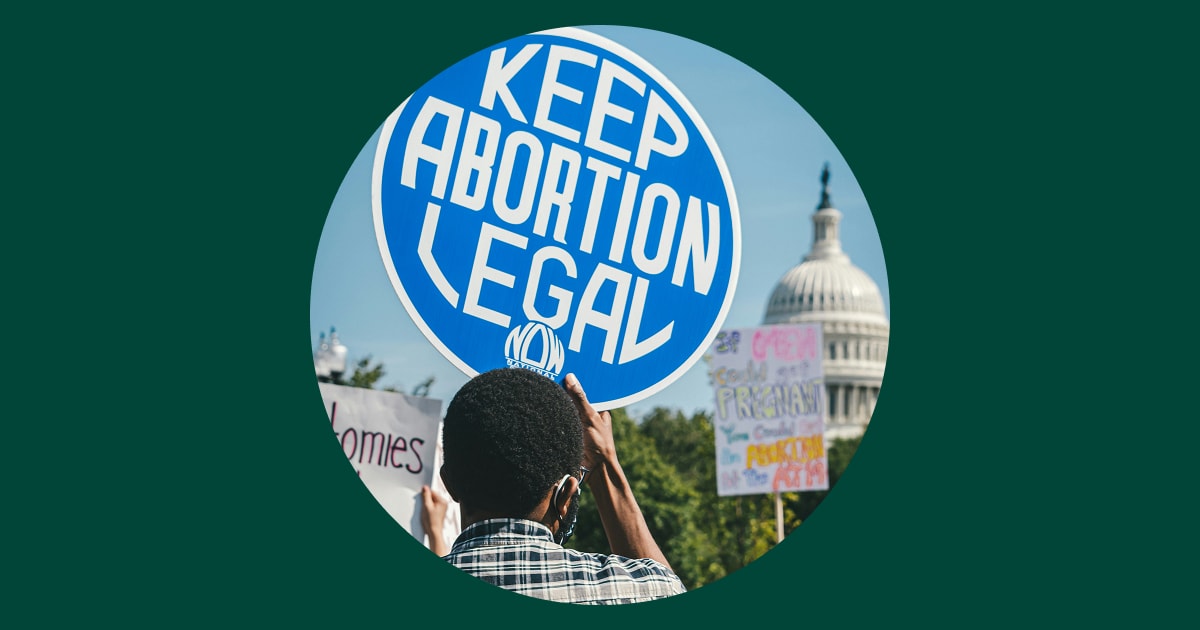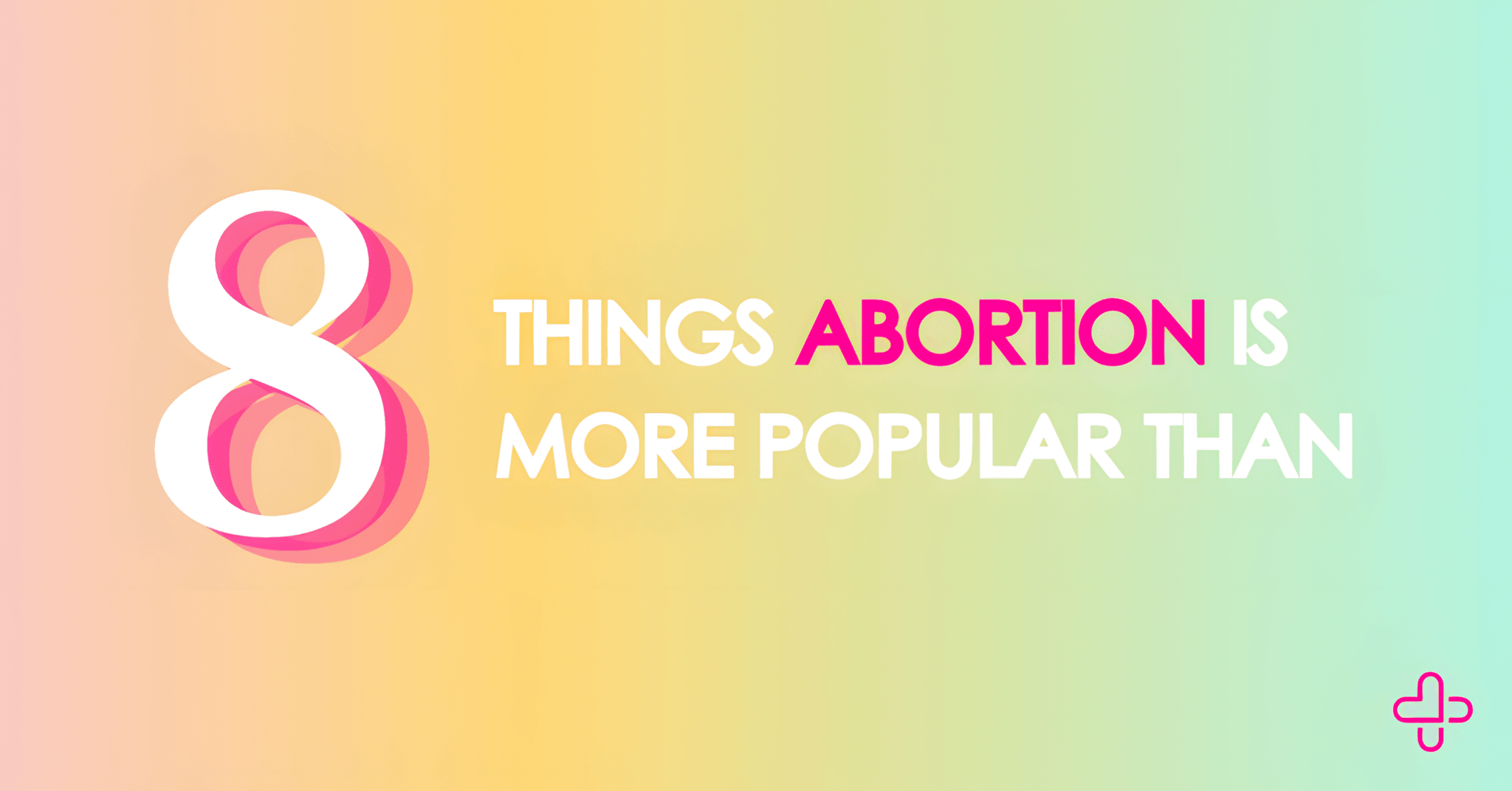Happy 49th to Roe v. Wade
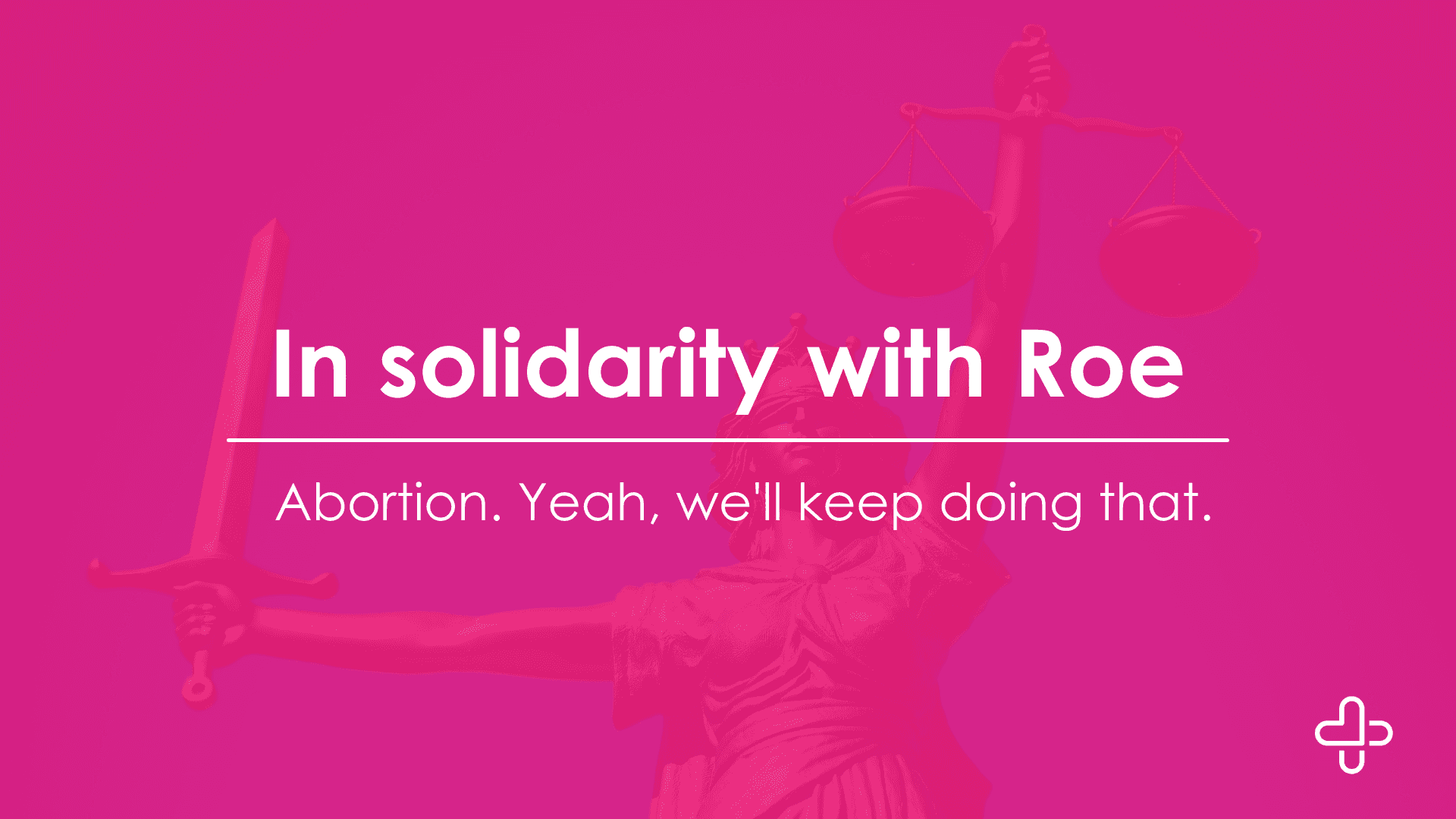
If you’re like us, this year’s anniversary of Roe v. Wade feels bittersweet. Typically, the anniversary is a celebration of bodily freedom in the United States, but this year, our hearts are with the people in Texas who face extreme threats to their autonomy and access to basic healthcare. Our minds are with the people in many other states such as Mississippi, whose future access to abortion is at risk. We remain in unwavering solidarity with our allies, women, and all people who can become pregnant who want and need abortion care.
The legal future of abortion access in the United States has never been this uncertain. For nearly 50 years the U.S. Supreme Court has guaranteed a person’s legal right to abortion. However, with abortion care facing the highest number of legislative attacks since Roe v. Wade, this right is in jeopardy. In several forthcoming decisions, the Supreme Court may overturn the legal protection of abortion. Abortion advocates and patients know what's at stake — people will always need reproductive health care, no matter the outcome of these court cases.
Make no mistake: the legal right to an abortion has not and will not guarantee equitable access to this vital reproductive health care service. In many states, especially in the South and Midwest, people have been facing monumental legal obstacles to abortion, and across the country systemic barriers remain prevalent. Since September 1, 2021, Texas legislators banned abortions after 6 weeks — before most people even know they’re pregnant. This law has had devastating impacts not only on Texans, but on countless people in every state sharing a border with or near Texas. More than 20 other states have similar versions of restrictive laws, also called “trigger bans,” already drafted in the event Roe v. Wade is overturned. If the Supreme Court were to essentially reverse the protections of Roe v. Wade, barriers like “travel-related logistical issues, system navigation issues, limited clinic options, financial issues, and state or clinic restrictions” will compound and disproportionately impact low-income people, BIPOC, LGBTQIA2S+ people, those with disabilities, people living in rural areas, and others already facing oppression.
All people deserve to have access to high quality and convenient abortion care, and at carafem, we are determined to offer that care to those who want it. In addition to offering comprehensive reproductive care at our four health centers in the DC, Atlanta, Chicago, and Nashville metro areas, carafem also offers medically supported at home abortion pills in 12 states.
carafem clients can receive abortion pill medication, delivered discreetly as soon as the day after a video visit with a compassionate medical provider. We’ve found many clients prefer the convenience and privacy of getting the abortion pill at home and have peace of mind with 24/7 medical support from carafem. With the FDA’s recent decision to permanently allow people to receive abortion medications by mail, we know telehealth abortion care will be an important piece helping to ensuring access to abortion is available to people where and when and how they want it.
In the coming years, carafem is working to expand our model of telehealth abortion care to all states that allow it. We’re doing our best to make abortion care more accessible to those that need to travel by offering efficient video visits with trusted medical providers in nearby states. We’re participating in research studies to build a body of evidence that shows how safe and effective telehealth abortion care is. We’re investing in technology to create a more comforting, informed experience for those taking the abortion pill at home. We believe in a future of abortion care must be inclusive and accessible to all people where, when, and how they want it.

